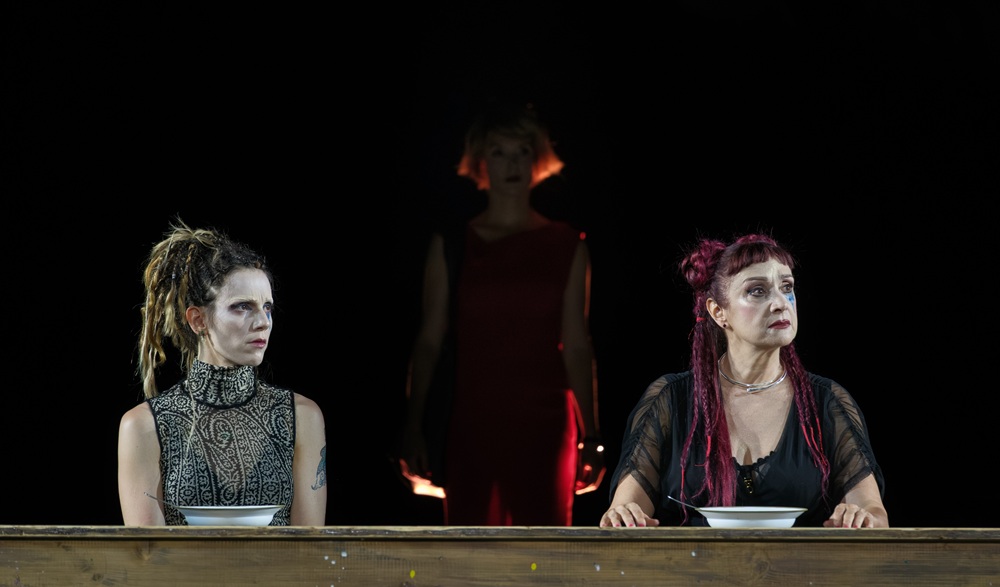
Continuing to provide a platform for creators from around the world and contemporary theatrical works freely inspired by ancient Attic drama, the Athens Epidaurus Festival presented the new play by Lebanese-Canadian playwright Wajdi Mouawad, “Europa’s Pledge,” at the Argolic Theater for two unique performances on August 1 and 2, 2025.
Famous for the play that inspired the 2010 masterpiece film Incendies (by Denis Villeneuve, nominated for an Oscar for Best Foreign Language Film), Mouawad returned to his familiar themes in his new play, which premiered worldwide at Epidaurus: that of trauma, the management of the cycle of violence, and the possibilities of redemption and redefinition during a brief lifetime.
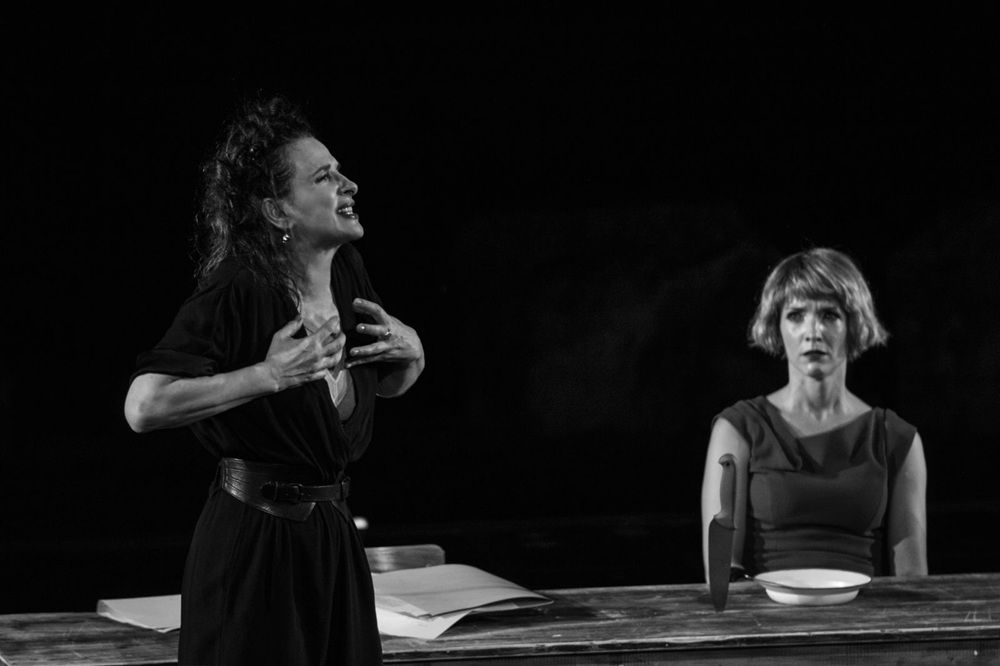
Credits: Theofilos Tsimas
We could say that as the story unfolds and the viewer gets to know the heroines Europa (Leora Rivlin), Assia (Daria Pisareva), Jovette (Violette Chauveau), Wediaa (Juliette Binoche), and Megara (Danai Epithymiadi), many intricate secrets are revealed about the characters’ personalities, which are linked to the concept of intergenerational trauma. However, the main plot begins with Europa herself. We meet her in the present day, where, through a diplomat-researcher, she will be reunited with her lost daughters and will once again be confronted with the horror—a massacre of children—to which she was an unwitting witness and accomplice seventy-five years ago.
Despite the fact that the staging was more reminiscent of a “chamber” play, with minimal use of the Epidaurus landscape, Muawad’s direction and script offered the audience a complete performance, in which none of the leading actresses tried to stand out from their co-stars (in a lesson through her example, Oscar winner Juliette Binoche), with a wisely calculated rhythm in the dialogues and an equally measured tone that carried the audience away from the tragedy and the description of hell, to decompression through some humorous references (the Jovette monologue about the hypnotherapist).
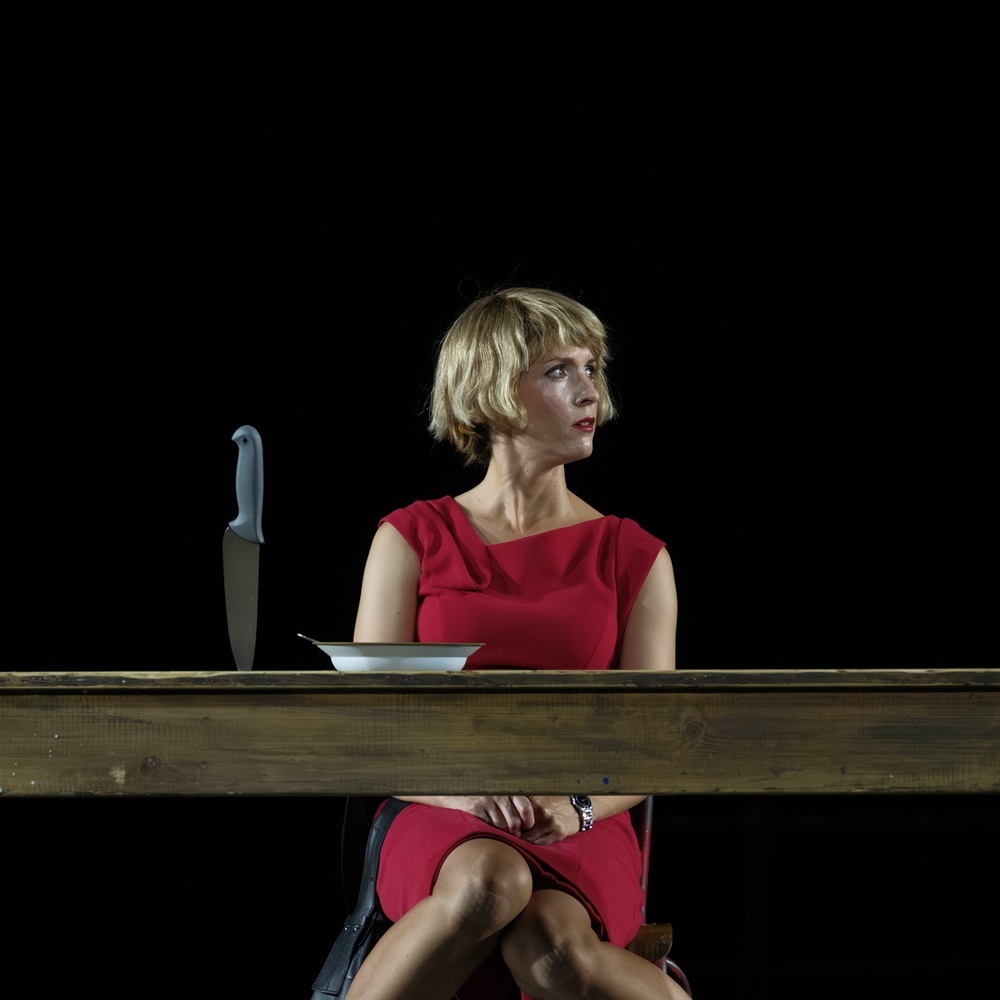
Credits: Patroklos Skafidas
Special mention should be made of Danai Epithymiadi’s approach to the role of the daughter from Greece, Megara, where, within the general tragic context, she managed to highlight a Greekness without resorting to the stereotypes of the modern “blimpish” caricature but rather by showing the heroine’s independence and her ardent, inner desire to become a mother. For those who did not know him, Emmanuel Schwartz’s performance as Zacharie was a revelation of his talent. Especially in the hero’s final apology, the only thing one could hear in the ancient theater was the sound of his neighbor’s breathing.
As the performance drew to its logical conclusion, one could think that the play would not lose any of its coherence if it were shorter and, above all, if there were no repetitions in terms of information and the approach to its central philosophical and ethical themes. With its greatest dynamic stemming from the sum of the performances of its protagonists, the performance often made the viewer think that perhaps the ideal venue for its presentation would be the stage of an indoor theater.
Cast and Crew
Text—Direction Wajdi Mouawad
Assistant to the director Cyril Anrep
Dramaturgy Charlotte Farcet
Set design Emmanuel Clolus
Lighting design Laurent Schneegans
Sound design Annabelle Maillard
Music composition Alex Drakos Ktistakis
Costume design Isabelle Flosi
Makeup—Hairstyling Cécile Kretschmar
Greek surtitles Vassilis Doganis
English surtitles Linda Gaboriau
Cast Juliette Binoche, Violette Chauveau, Danai Epithymiadi, Daria Pisareva, Leora Rivlin, Emmanuel Schwartz and the participation of Adèle Réto-Lefort

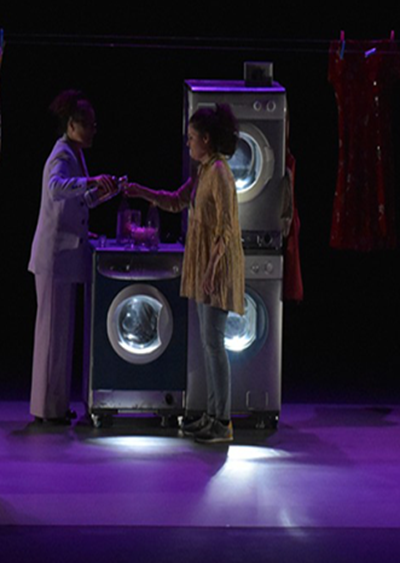

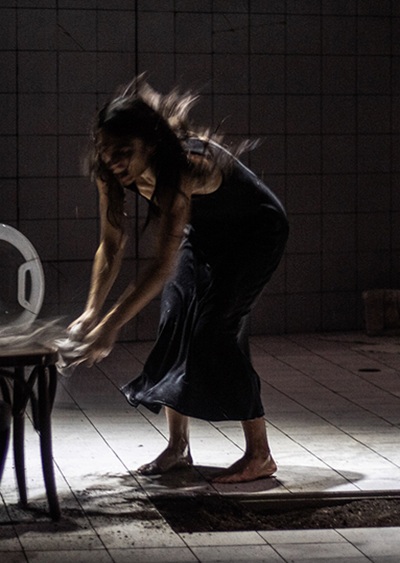
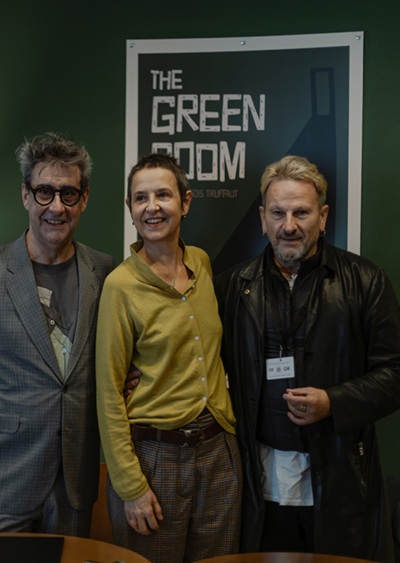


Leave A Comment